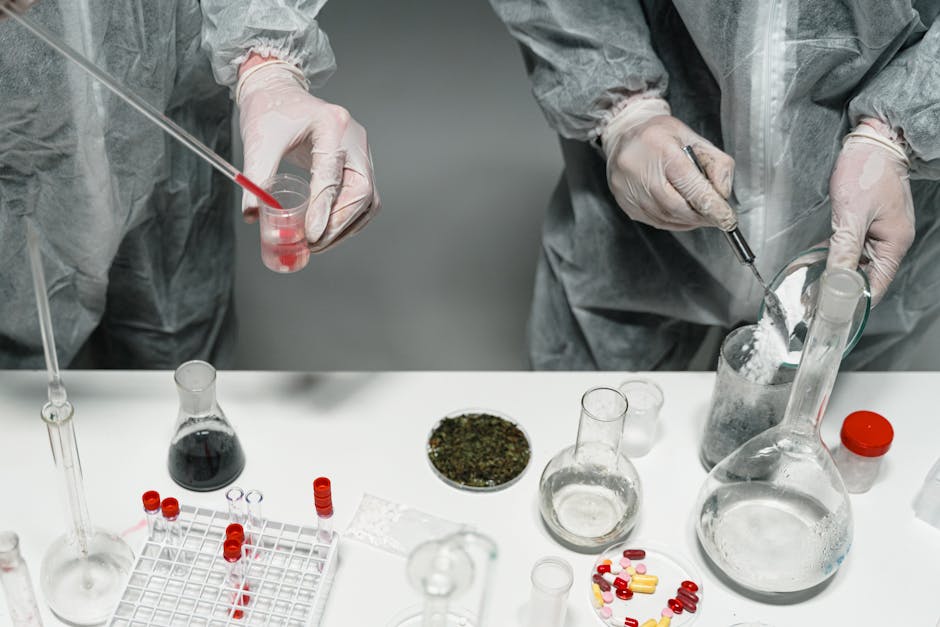In recent years, the landscape of addiction treatment has seen a revolution in approaches and methodologies. With a profound understanding that addiction is a complex, multifaceted disorder, modern treatments have evolved significantly, integrating innovative therapies and comprehensive care strategies. Here’s a closer look at some of these groundbreaking methods improving the lives of those battling addiction.
Holistic Approaches in Addiction Treatment
Holistic approaches emphasize treating the whole person, not just the addiction. This philosophy recognizes the intricate interplay between mind, body, and spirit, focusing on achieving balance and well-being. Key components include:
-
Nutritional Counseling: A proper diet can promote brain health and overall wellness, aiding recovery. Nutritional plans are often personalized to address deficiencies and support therapeutic goals.
-
Exercise and Fitness: Physical activity releases natural endorphins, helping to stabilize mood and mental health.
-
Arts and Music Therapy: Engaging in creative activities allows for emotional expression and healing, offering a therapeutic outlet away from traditional settings.
Cognitive Behavioral Therapy (CBT)
Cognitive Behavioral Therapy (CBT) remains a cornerstone in modern addiction treatment due to its efficacy in addressing the thought patterns and behaviors that contribute to substance use. This structured, goal-oriented approach helps patients:
- Identify negative thought patterns.
- Develop coping mechanisms to manage triggers.
- Implement healthier behavior patterns using self-reflection and reinforcement.
Mindfulness Techniques
Mindfulness has redefined stress management and emotional regulation in addiction recovery. Techniques such as meditation and conscious breathing cultivate a nonjudgmental awareness of the present moment.
-
Reducing Anxiety and Craving: Mindfulness techniques enable individuals to observe cravings and emotions without immediate reaction.
-
Improving Concentration: Patients learn to redirect focus toward tasks that foster personal growth and recovery.
Personalized Treatment Plans
Every person’s journey through addiction is unique, a fact highlighted by the trend towards personalized treatment. By tailoring interventions to individual histories and needs, providers can enhance effectiveness and engagement in the recovery process.
-
Genetic Testing and Pharmacogenomics: Using genetic information to personalize medication choices minimizes side effects and optimizes therapeutic outcomes.
-
Behavioral Profiles: Understanding personal triggers and behavioral responses helps design better-tailored interventions.
Alternative and Integrative Therapies
Exploration of alternative therapies has expanded the toolbox available to addiction specialists. Integrative medicine merges conventional Western practices with alternative solutions:
-
Acupuncture and Acupressure: These practices reduce withdrawal symptoms and improve overall feelings of wellness.
-
Yoga and Tai Chi: Both practices improve physical balance, flexibility, and mental wellness, helping to manage stress and emotion.
Trauma-Informed Care
Often, trauma is an underlying factor of addiction. Trauma-informed care acknowledges this link and ensures that treatment approaches are sensitive to the unique experiences of those with past trauma.
-
Building Trust and Safety: Programs focus on creating a supportive environment, avoiding practices that might re-traumatize or trigger negative reactions.
-
Empowerment through Collaboration: Encouraging patients to participate in all stages of their treatment plan fosters autonomy and resilience.
Technology in Rehab
The integration of technology into rehab is opening new pathways to support recovery efforts. Digital platforms and apps complement traditional therapies, offering:
-
Telehealth and Online Therapy: Remote access to therapists and support groups breaks geographical barriers and expands accessibility.
-
Virtual Reality (VR) Exposure Therapy: VR offers immersive experiences to help confront triggers and practice behavioral strategies in a controlled environment.
-
Mobile Recovery Apps: These provide ongoing support, daily reminders, peer connections, and progress tracking outside clinical settings.
Conclusion
Modern addiction treatment is increasingly dynamic, meeting the challenges of addiction with innovative methodologies and integrative approaches. As science and technology continue to advance, these treatments are bound to become even more varied and effective. Embracing these methods not only offers hope but also revolutionizes recovery journeys, paving the way for sustainable transformation and healing.

